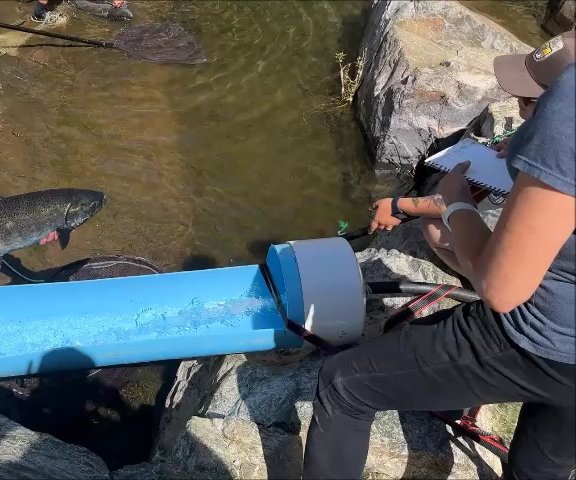In an effort to avert more catastrophic water supply issues in the next year the California State Water Resources Control Board approved emergency measures on Tuesday to plan for the rough months ahead as the state enters into its fourth consecutive drought year.
The SWRCB voted to expand and extend emergency regulations by prohibiting excessive water use for customers, such as washing vehicles with a hose that does not have a shut-off nozzle, as well as commercial businesses which can now only serve water to customers upon request.
“We are experiencing the lowest snowpack and the driest January in recorded history, and communities around the state are already suffering severely from the prior three years of drought,” said State Water Board Chair Felicia Marcus. “If the drought continues through next winter and we do not conserve more — the consequences could be even more catastrophic than they already are. Today’s action is just a tune-up and a reminder to act, and we will consider more significant actions in the weeks to come.”
While the SWRCB acknowledged that water agencies across the state have conserved significant amounts of water since emergency regulations were first implement in the summer of 2014, the new measures are aimed at finding more nuanced ways to save every drop.
Potable water prohibitions have gotten stricter in that residents’ cannot wash down their sidewalks or driveways, operate fountains in their yard unless the water re-circulates, or water outdoor landscapes in ways that cause excessive runoff.
“In a drought this severe, we need to think differently about our daily water use, and need to sacrifice emerald green lawns and other water use luxuries,” said Marcus.
Hotels and motels must also provide guests with the option of not having their towels and linens laundered to make conservation opportunities more prevalent at their establishment.
Agencies can fine property owners up to $500 a day if they fail to take the necessary steps to conserve. The Board can also issue cease and desist orders if agencies don’t impose the measures upon their customers and those that don’t comply can face civil liability of up to $10,000 a day.
While the Board has adopted the emergency regulations, it will take the Office of Administrative Law’s approval for the measures to go into effect. The Office has 10 days to decide and if approved, the regulations will become effective immediately for the next 270 days.






